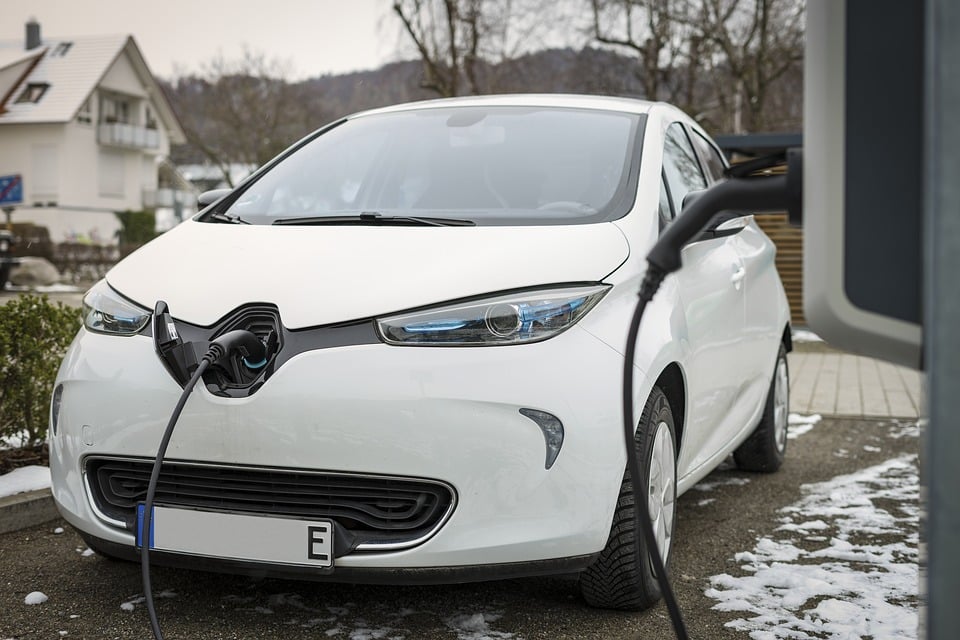Delaware to Implement Zero Emission Vehicle Regulation

Delaware Governor John Carney on Mar. 3 announced that the state will join 13 additional states in embracing California’s Zero Emission Vehicle (ZEV) regulations. Transportation has been a key driver of greenhouse gas emissions in Delaware, and increasing the number of zero emission vehicles, along with the development of the state’s electric vehicle charging network are key strategies outlined in Delaware’s Climate Action Plan.
In 2017, Delaware signed on to the U.S. Climate Alliance, and pledged to reduce the state’s carbon emissions by at least 26 percent by 2025. The implementation of ZEV regulations will aid the state’s progression on those targets, along with additional goals outlined in the state’s climate plan.
Embracing the ZEV regulations will allow Delaware drivers to find electric vehicles within state and will significantly benefit the state’s dealerships. The creation of an improved setting for the sale and acquisition of electric vehicles and aligning the environment with substantial capital spending in infrastructure from the 2021 Infrastructure Investment and Jobs Act, will generate a decisive electric vehicle future in the state. The infrastructure law will provide almost $18 million to Delaware over five years to develop the state’s electric vehicle charging networks along major routes and contains possible funding opportunities for electric transit buses and other electric vehicle infrastructure.
The ZEV program is to be overseen by the Delaware Department of Natural Resources and Environmental Control and is intended to speed up the commercialization of battery electric, plug-in hybrid and fuel cell electric vehicles. The guidelines require that a specified percentage of the vehicles transported for sale in a state are ZEV vehicles. In states where the program is already rolled out, the automobile industry has effectively met the mandatory percentage.
Moreover, the adoption of ZEV regulations will lessen carbon pollution, enhance air quality and help encourage fuel saving for the average consumer. Execution of the ZEV regulations are not expected to take place until model year 2027 to provide manufacturer’s time to adjust their stock and prepare dealerships.
EnerKnol Pulses like this one are powered by the EnerKnol Platform—the first comprehensive database for real-time energy policy tracking. Sign up for a free trial below for access to key regulatory data and deep industry insights across the energy spectrum.
ACCESS FREE TRIAL